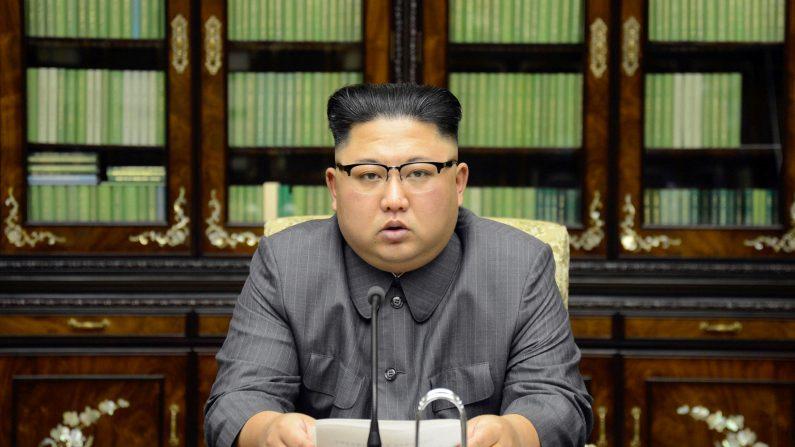North Korea faces mounting pressure from world leaders to abandon its nuclear weapons program, meanwhile the reclusive communist regime’s chemical weapons stockpile is one of the largest in the world and, if deployed, could cause catastrophic loss of life.
North Korea dictator Kim Jong Un has stockpiled from 2,500 to 5,000 tons of chemical weapons, according to The Center for Nonproliferation Studies. The regime may either use these weapons as an opening move in a conflict or sell the technology and ingredients needed to produce them to the ISIS terrorist group.





